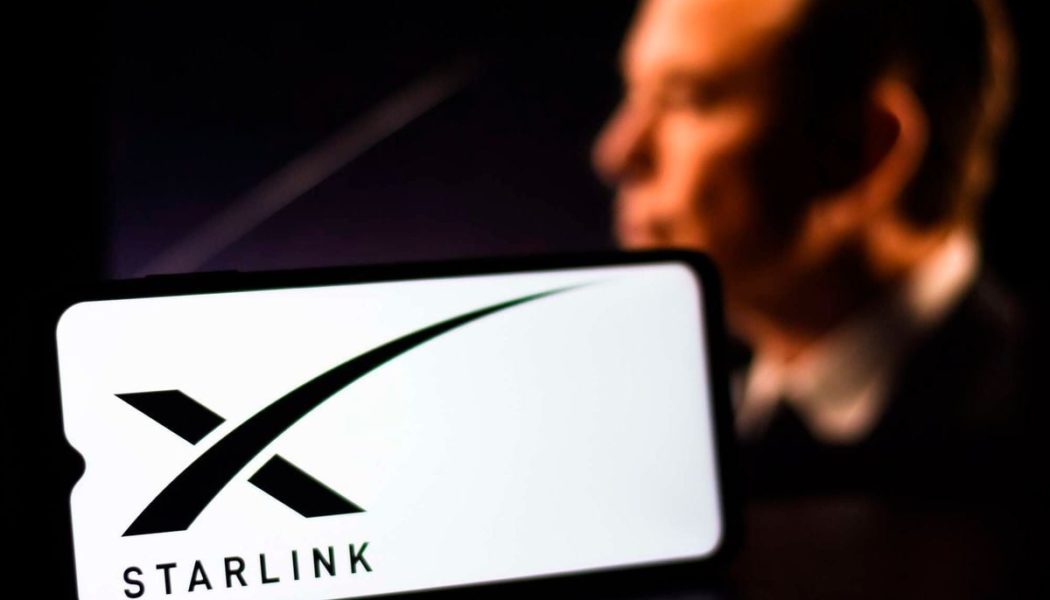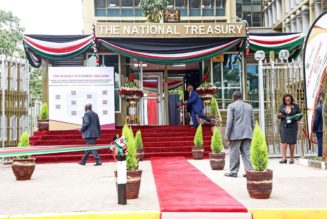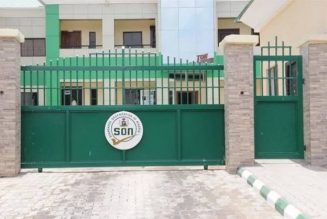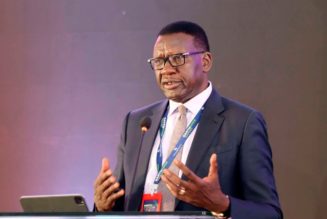
Tesla billionaire Elon Musk’s Internet service provider Starlink is targeting entry into the Uganda, Tanzania, Burundi, and Zimbabwe markets by the end of this year, hoping to consolidate its presence in the region and stir up rivalry with existing telcos.
In an allotment chart published on its official website, the firm, which is an offshoot of Musk’s SpaceX, indicates that its entry into Zimbabwe will be effected before the end of September, while the service will be unveiled in the rest of the earmarked markets during the fourth quarter of the year.
If successful, the plan will increase to 11 the number of countries in the region using Starlink Internet following launches in Kenya, South Sudan, Rwanda, Zambia, Malawi, Mozambique, and Madagascar.
The multinational has also lined up the Democratic Republic of Congo (DRC) for entry next year, alongside Mauritius, Comoros, and the Seychelles—plans that would further intensify competition for existing telcos with footprints in the markets. Top telcos in the Starlink targeted markets include Safaricom, MTN, Airtel, Vodacom, Lunitel and Econonet.
According to a side notice on the website, the availability of service in the planned countries is subject to regulatory approval, with the firm saying orders will be fulfilled on a first-come, first-served basis.
Starlink, however, says the launch date in the rest of the countries within the region, including Ethiopia, Djibouti, Eritrea, and Sudan remains unknown, meaning there are no plans yet to venture into the four markets.
Although the pricing for the installation hardware kit in the targeted countries has not been specified, it is expected that it will range within set costs in the active markets, which average $341 (Sh43,977.17), with the highest being in Kenya at $353 (Sh45,525.11), while the lowest is in Zambia at $307 (Sh39,592.66).
The hardware kit, which consists of a Starlink dish, a mounting stand, cables, and a power source, forms the biggest cost of the installation with other charges spanning shipping and handling fees as well as the monthly service levy.
Other optional accessories include an Ethernet adapter, a long wall mount, a pipe adapter as well as a 45-metre cable designed to replace the original cable between the dish and the power source when additional length is needed.
In April this year, a BBC report revealed that Starlink had disabled services in Zimbabwe, the DRC, Botswana, and South Africa for lacking operating licences and other regulatory approvals.
Unlike the legacy fibre-powered network connections, the Starlink technology consists of a vast network of small satellites in low earth orbit, flying at altitudes between 340 and 1,200 kilometres. Users on the ground access the Internet via phased-array user terminals, which are satellite dishes, and these align themselves with the passing satellites, allowing for a continuous and stable connection.
The technology supports services that are not possible with traditional terrestrial solutions, allowing unmodified smartphones to connect to satellites in areas with coverage gaps.
Starlink’s major strength is its ability to deliver high-speed Internet with low latency, making it ideal for rural or remote areas where traditional Internet services are limited or unreliable.
On the downside, however, bad weather affects satellite Internet provision, especially in extreme cases of heavy rainfall where snowfalls or dense cloud cover can disrupt the signal between the satellite dish and the satellite in orbit.
The firm has also fallen short of guaranteeing the safety of personal information.
“Although we endeavour to keep information secure, we cannot guarantee that our security measures will prevent every unauthorised attempt to access, use or disclose personal information,” reads a statement on the site’s legal section.
In Kenya, the multinational has already started rattling local industry players with the country’s leading telco Safaricom writing to the communications regulator seeking a review of the policy to grant licences to satellite Internet providers.
In its petition, Safaricom argues that this could give rise to illegal connections as well as harmful interference with mobile networks.









